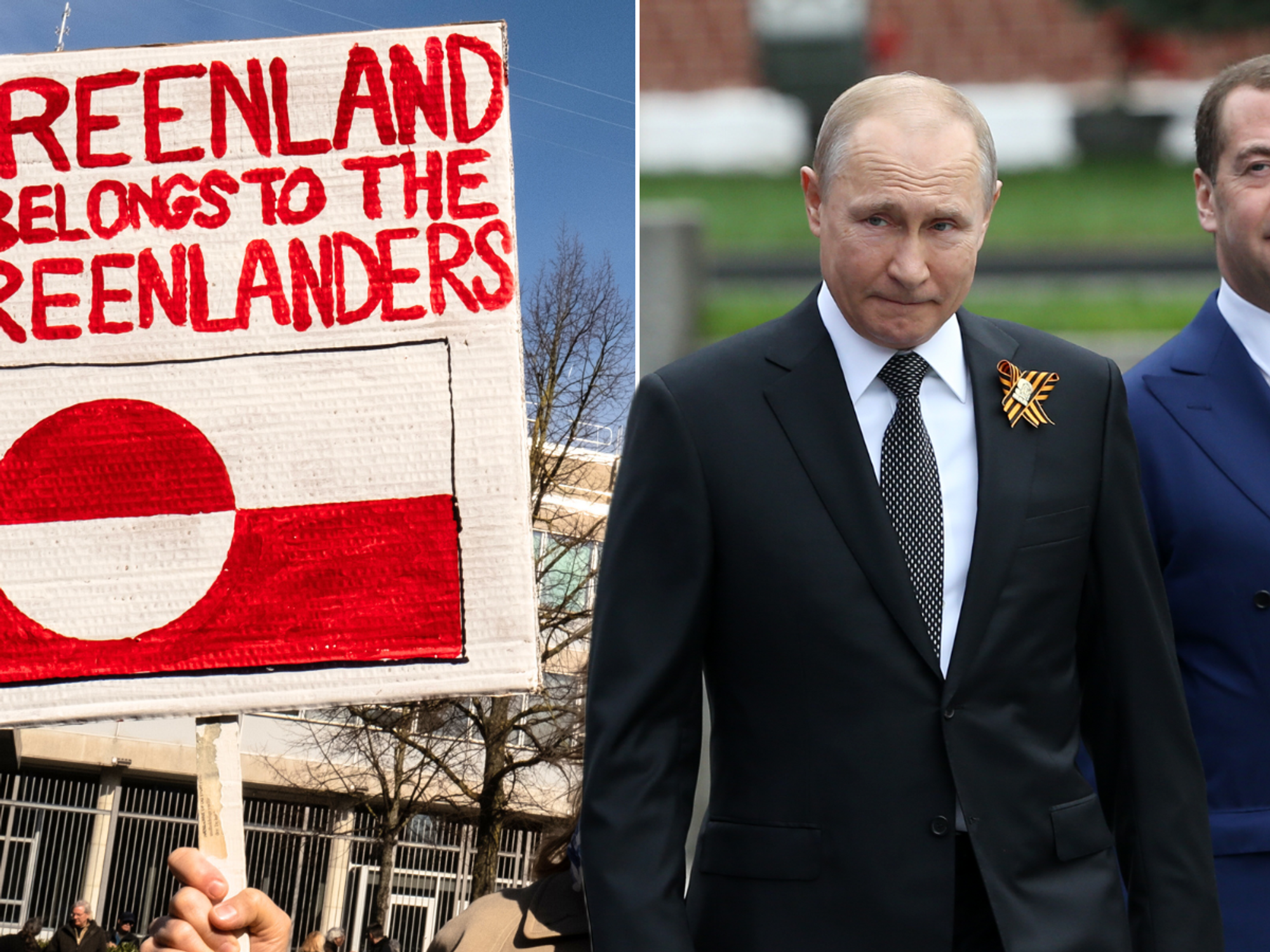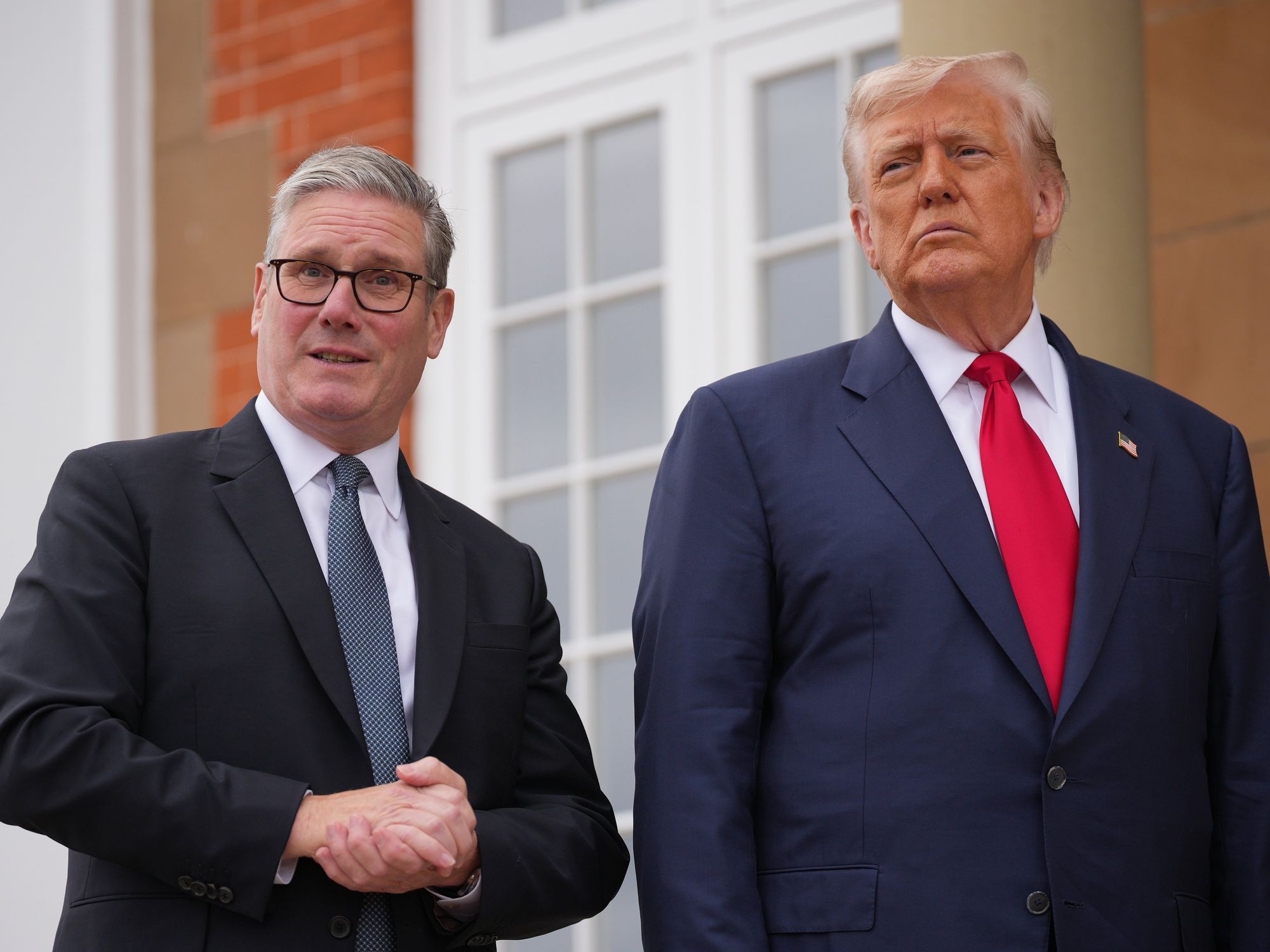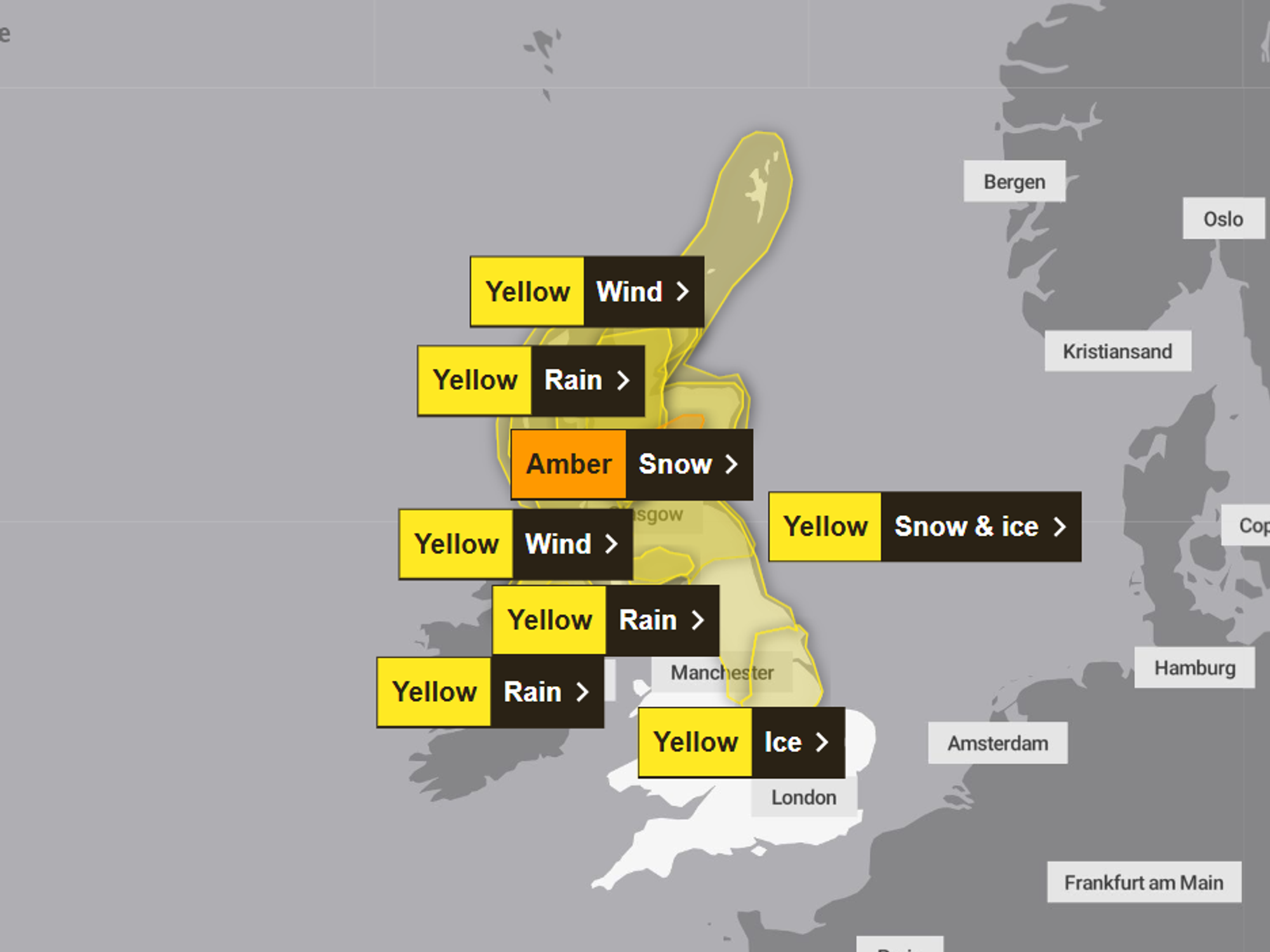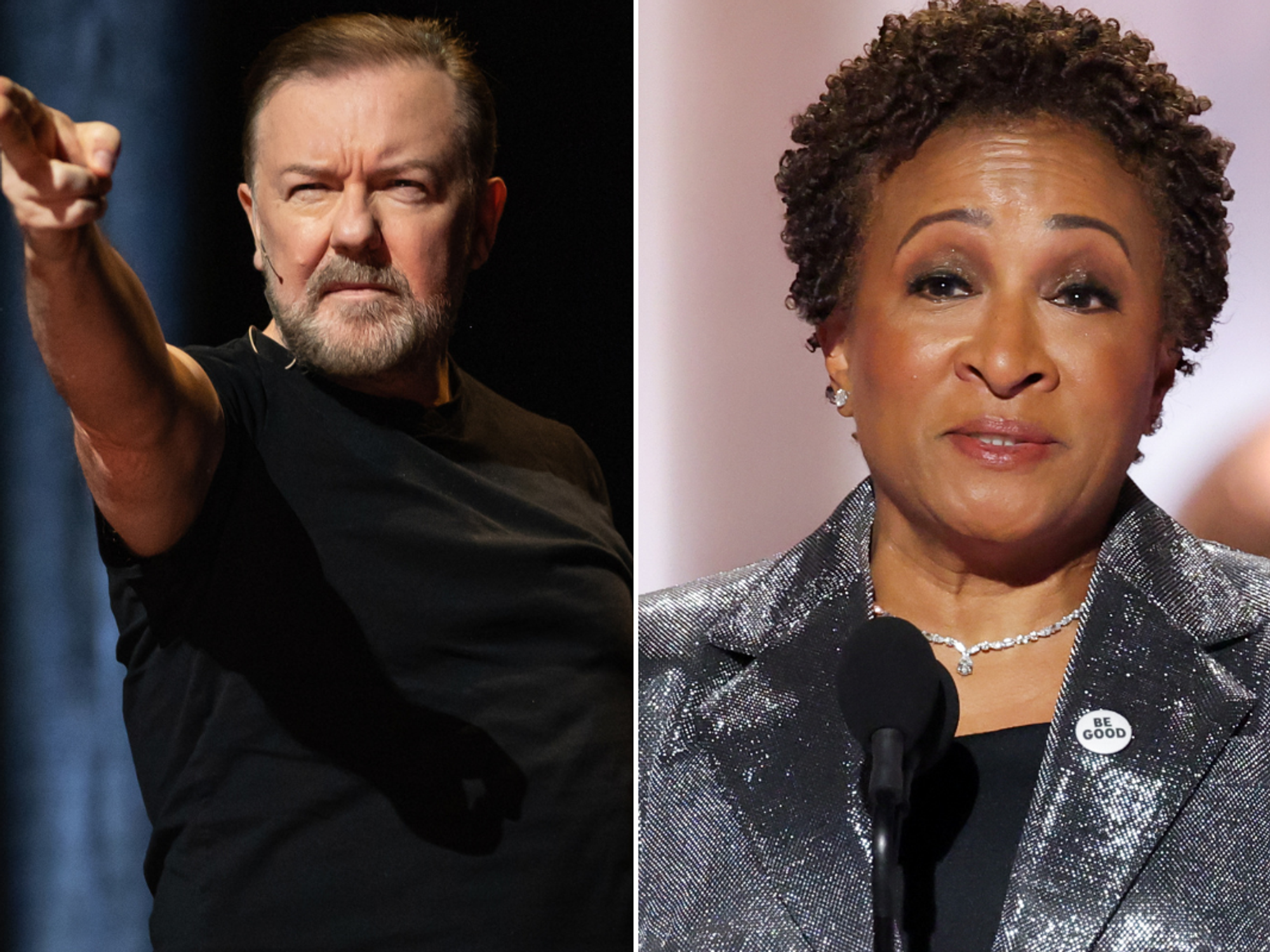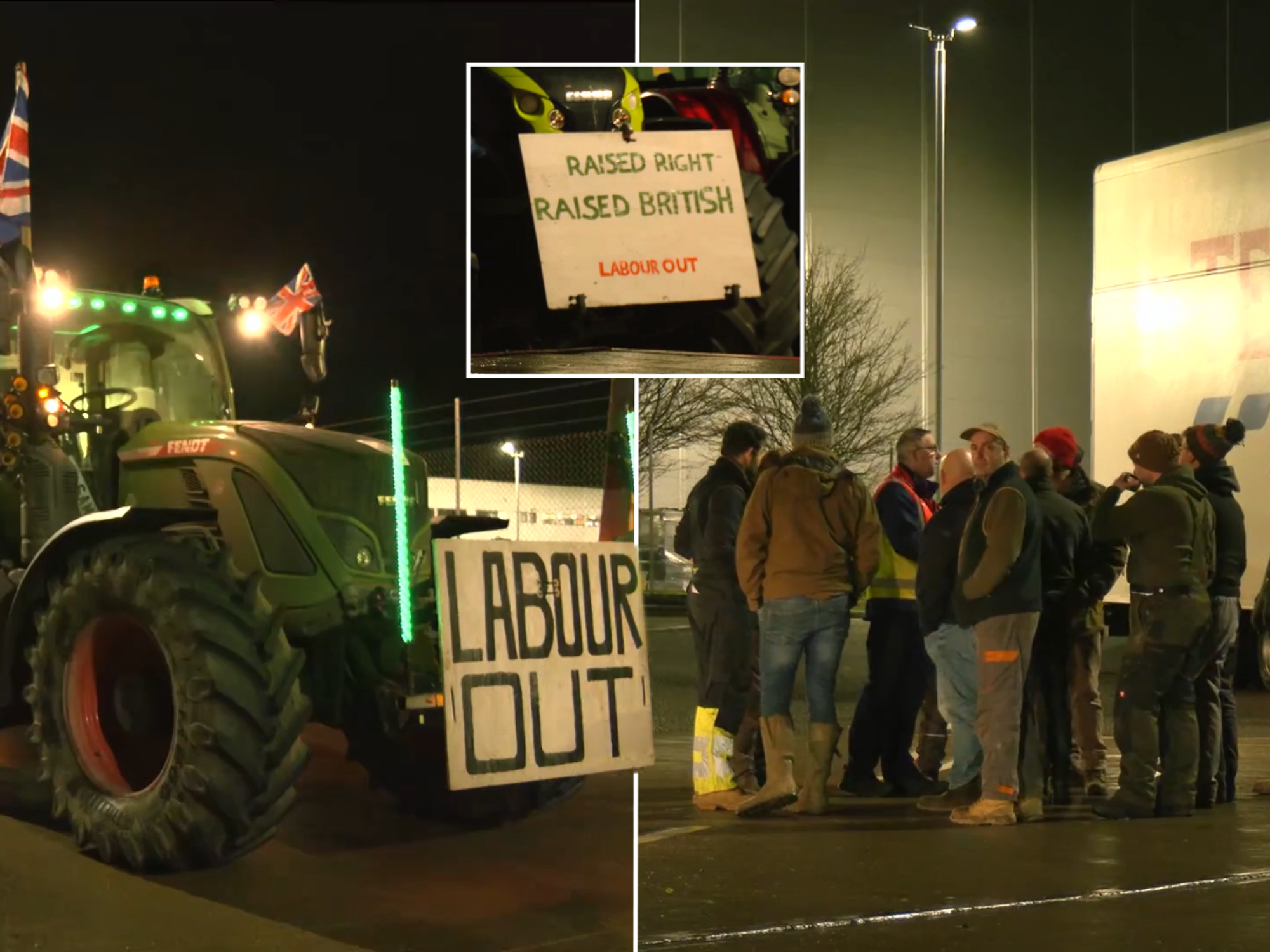The SNP has completely diminished in just 12 months. The battering is clearly on show this weekend - analysis by Tony McGuire
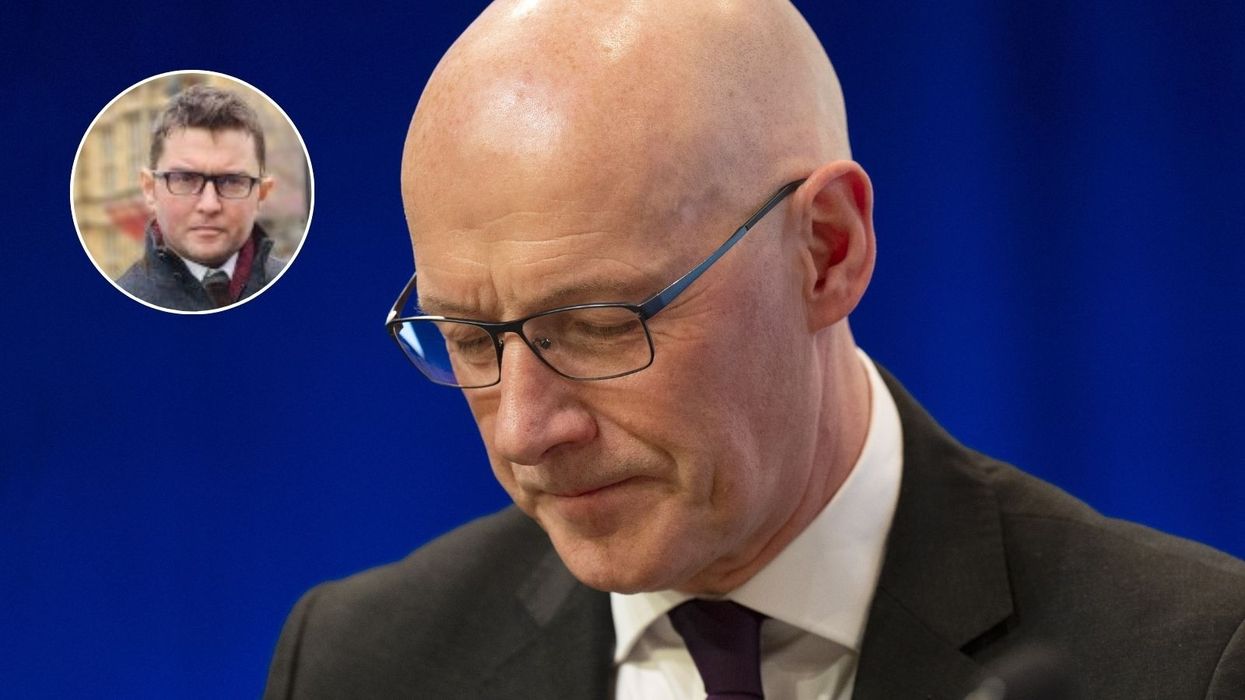
None |
GB NEWS
GB News' Scotland reporter is in Edinburgh to report on the SNP's annual national conference
Don't Miss
Most Read
After a twenty year hiatus, John Swinney has stepped back into the role of nationalist leader in time to address the 90th SNP national conference in Edinburgh this weekend.
His re-taking of the reins comes after twelve testing months, which were somehow more difficult than the previous most disastrous year in 2022/23.
Scotland’s seventh First Minister now stands at the head of a minority government, reaching out to a shrunken membership and represented in Westminster by a group of MPs diminished by three quarters.
In August it was revealed that somewhere in the region of 10,000 independence supporters have cancelled their memberships since the previous summer.
While Mr Swinney was enjoying his one and only year of retirement from frontline politics, Police Scotland charged former SNP Chief Executive Peter Murrell with embezzlement in April, following the prolonged Operation Branchform investigation into missing party finances.
A cascade of fallings out relating to gender ideology and green targets saw Humza Yousaf prematurely sever the power sharing agreement with the Scottish Greens in a bid to prevent the tail wagging the dog, ultimately leading to his resignation and John Swinney begrudgingly turning off his Out of Office.
Even while the party continues to recover from Humza Yousaf’s dramatic miscalculation, his strength of character in the eyes of the party is etched in stone, illustrated by the opening minutes of Deputy Leader Keith Brown’s conference speech yesterday
“A lot has happened since we last gathered in Aberdeen”, Keith Brown told the Edinburgh International Conference Centre.
“[Humza Yousaf] demonstrated the values of inclusion and international solidarity that this party prides itself on and in particular, his passionate advocacy for peace in Gaza during what were times of unimaginable torment for him and his family.”
Quickly, Mr Brown gave thanks to the party’s departing MPs and addressed the damage wrought by July’s election result.
“In the aftermath of the general election”, he said, “We have to make sure we understand in order for us to better prosecute the case for independence.”
“We’ve shared significant challenges within our party over the last 12-18 months and in July we had to bid farewell to too many dedicated ambassadors for independence.”
The snap election cost the SNP dearly, losing 39 seats in a 22 per cent swing to Labour and the eight weeks since have been equally bruising.
A grand total of 25 SNP MPs lost their seats, while nine more stood down before the election.
Scotland’s governing party won’t have to wait long for another opportunity at the ballot box with the 2026 Scottish Elections drawing closer - but a chance to reverse their fortune is an equal opportunity to seal their fate.
“Now we’ve got an election and independence to win so we have to move forward,” Keith Brown told the EICC delegates.
“We have to learn the lessons of the past, of course, but we also have for focus relentlessly on Scotland’s future.
“Our opponents would have you believe that the SNP and the cause of independence are finished - they suggest its time for us to pack up and go home.
“But the idea of independence has faced much bigger setbacks than this,” he said, visibly affected by the air of disappointment in the room.
Keith Brown went on to address the growing black hole in SNP public spending.
He lambasted the press, calling out a “trend among journalists” to disallow the SNP government from pointing the finger of blame at Westminster.
“Unless of course you’re Welsh Labour,” he told members, “then it’s ‘all roads lead to Westminster’, but in Scotland, it must be the fault of the SNP.”
He continued: “The clue is in the word consequentials."
“England decides what it needs to spend on public services,” he said, “and we get some money as a consequence, not because somebody has worked out what Scotland needs.
“So there is a consequence between Westminster underfunding, the power that we have hear and trying to fund proper public services."
Keith Brown’s attack on the Barnett Consequentials comes after Cabinet Secretary for Finance, Shona Robison, blamed Labour’s continuation of Tory austerity for cuts to public services.
But a report from the Scottish Fiscal Commission (SFC) suggests the Scottish Government’s funding deficit is a financial prison of its own making.
The report said, “much of the pressure comes from the SNP’s own decisions”, citing paying £900million more on benefits than the rest of the UK and massively overshooting their budget planned for a 3 per cent pay increase to public sector workers.
Today, delegates will hear from Stephen Flynn, now leading a greatly diminished SNP presence in Westminster, before John Swinney takes to the Stage on Sunday afternoon.





